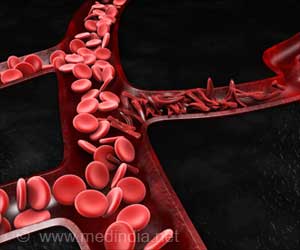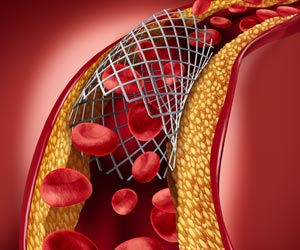With deep brain stimulation, the brain networks made dysfunctional by Alzheimer's improved over a period of years.

‘Although overall there were no differences in cognitive outcomes those 65 years of age and older appeared to experience slower cognitive decline as a result of deep brain stimulation.’





Results from the trial showed that DBS stimulation of the fornix (DBS-f) continues to be safe and that, although overall there were no differences in cognitive outcomes between the "on" and "off" study participants, those 65 years of age and older appeared to experience slower cognitive decline as a result of the treatment.Another finding of interest was that the brain's ability to metabolize glucose increased over the year-long study period in patients receiving electrical stimulation, indicating that the brain networks made dysfunctional by Alzheimer's improved in some ways.
"We are encouraged by these findings as they indicate we are headed in the right direction with our research on DBS as a treatment for Alzheimer's disease," says Dr. Andres Lozano, neurosurgeon and the lead author of the study. "We now have a better idea of which patients will benefit most from this treatment and how the stimulation might slow the progression of Alzheimer's."
"The next phase of our research will focus on determining what stimulation dosage will have the most impact against this disease," adds Lozano who is also University Professor and Chairman, Department of Neurosurgery, University of Toronto.
Source-Newswise














